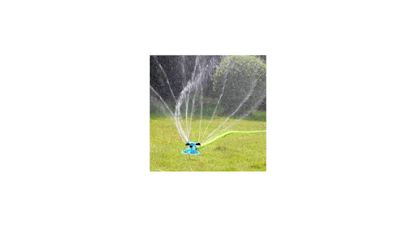“Are people doing the best they can…?”
Shared by Breanne Smedley
My initial and immediate response to that question is a quick, “no.”
Because that person who cut me off in traffic, then flipped me the bird…couldn’t he have done a better job controlling his anger?
Or that student that was rude to me and rolled her eyes after I held the door open for her…was that was the best response she could have mustered?
Or that email that came across as curt and snarky…was that really the best that parent could have done?
The real answer, when I really look at these scenarios and countless others in my life where I feel like I’ve been “wronged” is that I don’t know.
It’s easy to fall into the trap of thinking that people actually aren’t doing their best.
It’s easy to look at life through the lense that others are to blame for our unhappiness.
That if only she could be nicer, I’d be happier.
That if only that incident didn’t happen, I’d be content.
If only people actually did their best, things would be better.
But, what if they actually are?
What if my “best” just doesn’t look like someone else’s?
This came full circle for me when chatting with another mom recently.
She mentioned another parent’s “crazy” kids. How this parent doesn’t have control of her kids and how they sometimes push other kids.
How she would never let her child do that.
My mind immediately went to how my babysitter recently told me that Charlee had started pushing a certain kid to get to the toy she wanted.
I felt judged. I desperately wanted to tell this parent that I’m doing the best that I can.
That I don’t just allow Charlee to push kids. That we are working on boundaries, how to ask for things in other ways. How pushing hurts.
That I’m trying really hard. But, my child still pushes others sometimes because she’s learning.
It’s easy to judge.
Especially when we don’t know the full situation.
So, instead, I’m choosing to believe that people are doing the best they can with the information, resources, and skills that they have in this moment.
I’m choosing to ask myself a new question when I feel I’ve been wronged by another.
“What’s the most generous assumption I can make about that person’s response or intentions.”
That student rolling her eyes and being rude? Maybe she isn’t equipped to be able to ask for what she needs yet. There are a multitude of things going on under the surface that I don’t know about.
That curt email? Maybe he’s not a great email communicator, or that the actual tone just didn’t translate over email.
This isn’t about making excuses for people, believing that people can’t change, or just ignoring bad behavior.
But when we don’t know, either way, we might as well believe a story that is generous and assumes the best intent.
My life is better when I assume that people are doing their best.
It keeps me out of judgment.
It lets me love people for who they are, not who they could or should be in my eyes.
And I’d rather assume people are doing their best and be proven wrong every once in a while.
Than live a life assuming the worst and blaming others and be proven right.
===
#FiercelyOptimistic
#MindfullyEvolving



Comments
Post a Comment